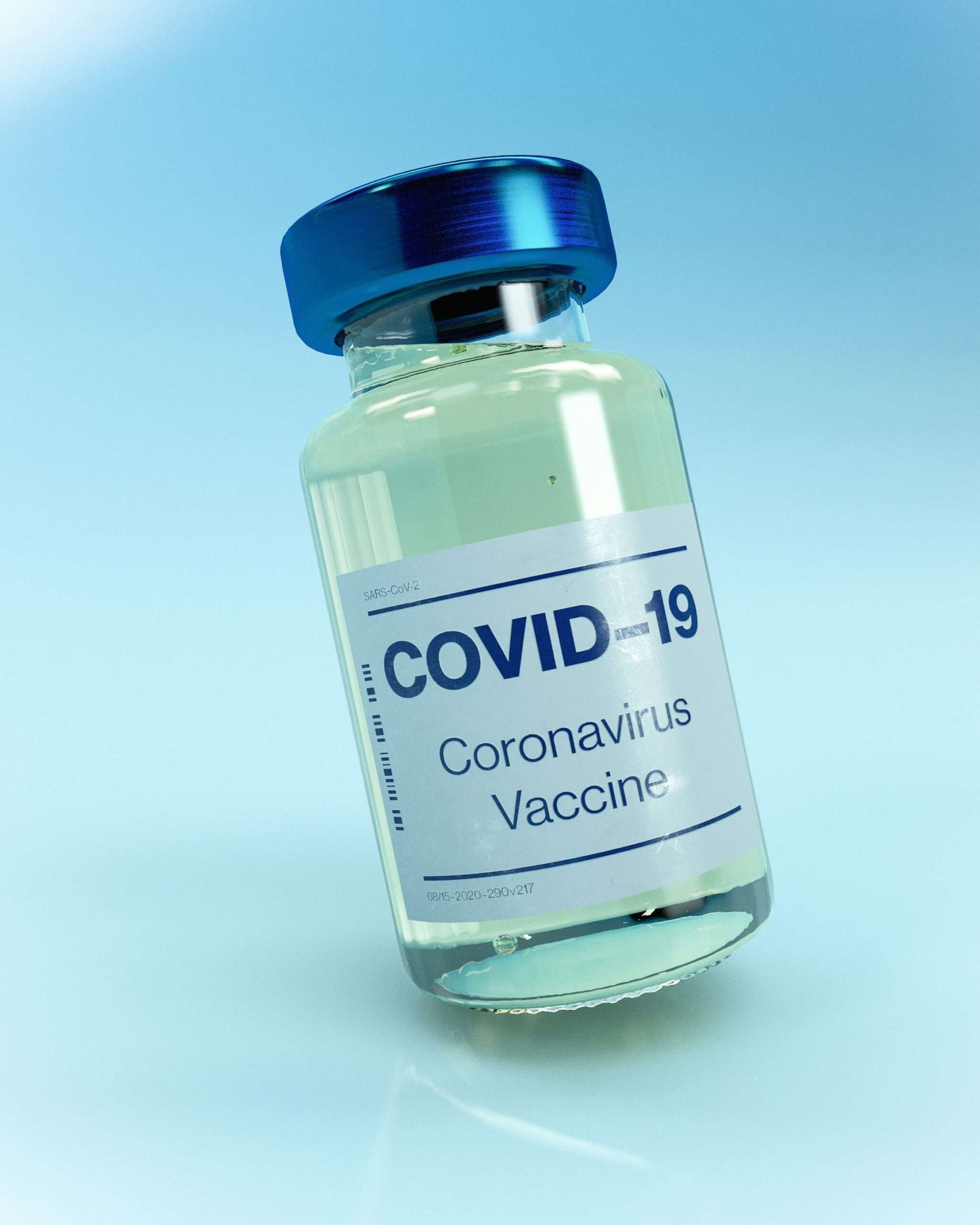1. Approval of Diabetes Medications:
Oral Medications: The FDA reviews and approves oral medications that help control blood sugar in people with diabetes, including metformin, sulfonylureas, DPP-4 inhibitors, SGLT-2 inhibitors, and GLP-1 receptor agonists.
Insulin Products: Insulin is a life-saving medication for people with type 1 diabetes and many with type 2 diabetes. The FDA regulates and approves new forms of insulin, such as rapid-acting, long-acting, and ultra-long-acting insulins.
Biosimilar Insulins: The FDA also approves biosimilars, which are similar to already-approved biologic drugs like insulin. These biosimilar products provide cost-effective alternatives for insulin-dependent individuals.
Innovative Diabetes Medications: New drug classes, such as GLP-1 receptor agonists and SGLT-2 inhibitors, undergo FDA evaluation to ensure they meet safety and efficacy standards before they are available to patients.
2. Approval of Medical Devices:
Continuous Glucose Monitors (CGMs): CGMs track blood glucose levels throughout the day without the need for frequent finger sticks. The FDA regulates and approves these devices, ensuring that they are accurate and reliable for patient use.
Insulin Pumps: The FDA reviews and approves insulin pumps, which deliver insulin continuously to help maintain blood sugar control. This includes closed-loop systems (artificial pancreas) that automatically adjust insulin delivery based on real-time blood sugar levels.
Blood Glucose Meters: Traditional blood glucose meters must meet FDA standards to ensure that they provide accurate and reliable readings for patients and healthcare providers.
3. Labeling and Safety Information:
The FDA oversees the labeling of diabetes medications and devices to ensure patients have the necessary information to use them correctly. This includes dosage instructions, side effects, and potential drug interactions.
The FDA also requires specific warnings on medications with known risks. For example, certain diabetes drugs carry “black box warnings” for risks such as heart failure or lactic acidosis (in the case of metformin).
4. Post-Market Surveillance:
After approval, the FDA continues to monitor diabetes medications and devices for any safety issues or adverse effects that may arise during widespread use. If safety concerns are identified, the FDA can issue warnings or recalls.
The FDA’s MedWatch program encourages patients and healthcare providers to report any adverse events or problems related to diabetes medications or devices.
5. Expedited Review Programs:
The FDA offers several programs to expedite the review of diabetes treatments and innovations, including:
Fast Track: For drugs that treat serious conditions and address unmet medical needs.
Breakthrough Therapy: For therapies that may offer substantial improvements over current options.
Priority Review: Which shortens the standard review time for drugs that offer significant improvements in treatment.
These programs are especially important for diabetes, given the prevalence and potential complications of the disease.
6. FDA and New Diabetes Research:
The FDA is actively involved in reviewing clinical trial data for new diabetes treatments, ensuring that studies are well-conducted and that the results support the approval of new medications and technologies.
The FDA collaborates with diabetes researchers, pharmaceutical companies, and advocacy organizations to foster the development of new therapies, including treatments for diabetic complications like neuropathy, retinopathy, and kidney disease.
7. Patient Education and Resources:
The FDA provides educational resources for patients with diabetes, including materials on how to properly use medications, devices, and insulin. These resources help patients manage their condition more effectively and make informed choices about their treatment.
8. Regulation of Dietary Supplements and Alternatives:
The FDA also monitors and regulates dietary supplements and alternative therapies marketed to people with diabetes. While supplements are not subject to the same rigorous approval process as medications, the FDA steps in when products make unverified claims about treating or curing diabetes, ensuring that such products do not mislead consumers or pose health risks.
Conclusion:
The FDA is instrumental in ensuring that people with diabetes have access to safe, effective, and innovative treatments. From the approval of new drugs and devices to the regulation of safety standards and post-market surveillance, the FDA’s work is crucial in improving the lives of millions of people managing diabetes.
8 Top Tips for Optimizing Your Semaglutide Weight Loss Results
Understanding Semaglutide and Weight Loss 8 Important Tips for Getting the Best Out of Semaglutide for Weight Loss Developing Knowledge about Semaglutide for Weight Loss In the case of obesity treatment, Semaglutide is considered a modern approach as it falls under...



0 Comments